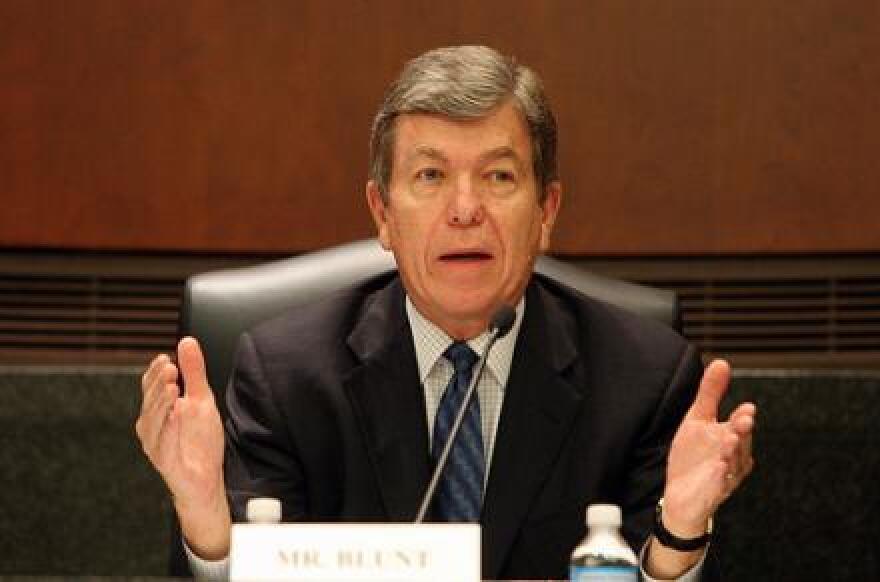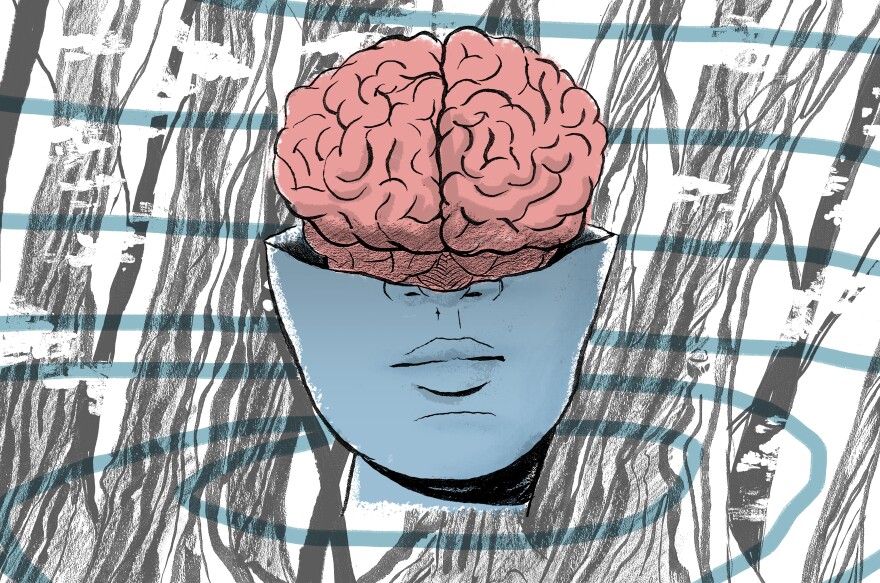Missouri could be one of the first states in the nation to test a new mental health care program designed to expand access to treatment.
The pilot program was created by the Excellence in Mental Health Care Act, co-sponsored by U.S. Senator Roy Blunt (R-Mo) and signed into law in 2014 as part of a broader Medicare reform measure. It sets quality standards for community mental health centers in participating states and more fully funds treatment for Medicaid patients.
According to Brent McGinty, the president and CEO of the Missouri Coalition for Community Behavioral Healthcare, the program has the potential to transform mental health care by providing a federal designation to apply for grants and switching from a fee-for-service Medicaid model to a prospective payment system that will allow agencies to fully pay for the services they provide Medicaid clients.
“It puts us on par with our friends in primary care who have federal designation and can receive direct federal grants for services,” said McGinty. “For the first time in many, many years, really since laying out the vision of the Community Mental Health Act that President Kennedy signed in 1962, it says to the world that behavioral health belongs at the same level as the physical health care space.”
Missouri is one of 24 states that received an almost $1 million grant in October 2015 to plan how it would implement the program. As it stands now, eight states will be selected to participate in a two-year pilot of the program in January 2017.
But Senator Blunt and Michigan Senator Debbie Stabenow have introduced a new bill to expand funding to all 24 states.

“Unfortunately, those coping with a mental health issue and their families are too often confronted with a health care system that is unable to provide the access and quality of care they need. The Excellence in Mental Health Act was a critical step toward improving and expanding access to behavioral health services. The legislation we have introduced will build upon that law, and take us even further toward our goal of bringing behavioral health care in line with the way other illnesses are treated,” said Blunt in a statement released Friday.
By fully funding the services provided to Medicaid patients, community mental health centers will have more money to care for uninsured Missourians. According to McGinty, inability to pay for care is the primary barrier to mental health in Missouri.
“Missouri is a non-Medicaid expansion state, so we find a lot of individuals in crisis, individuals in touch with law enforcement, that need mental health services either for their addiction disorder or for their mental illness and they’re having a crisis related to that illness,” McGinty said.
Asked whether the pilot program alone will be enough to provide for people who don’t have insurance, McGinty said “Ultimately what we need more than anything in Missouri is some connection to Medicaid expansion that will connect the gaps.”
If we're not serving them we know what happens. They end up in our jails, they end up in prison in many cases, or they end up unfortunately with early deaths.
“I think in Missouri we’ve done several things extremely well,” McGinty said, pointing to the state’s first-in-the-nation health home program, which integrates primary care and mental health care services and has shown a reduction in emergency room visits for enrolled patients — and a corresponding reduction in expenses.
McGinty said while Blunt may have “philosophical” differences with the Coalition’s support of Medicaid expansion, they find common ground in an understanding of the need to fund mental health care for people in crisis.
“If we’re not serving them we know what happens. They end up in our jails, they end up in prison in many cases, or they end up unfortunately with early deaths due to overdose or other unfortunate incidences, so we’ve got to do a better job with this population and we seem to have the support to do so,” McGinty said.
The Missouri Coalition’s wider goal, however, is to expand access to mental health care enough that people are served before they are in crisis.
“The goal should be to intervene with these illnesses at a much earlier stage, so your first psychotic break we should have an array of services there to help you start recovery sooner,” McGinty said. “To have that kind of connective treatment available immediately for that population would be transformative in that it really starts keeping people from becoming disabled and getting on Medicaid for a long-term disability.”
Follow Camille Phillips on Twitter: @cmpcamille.






